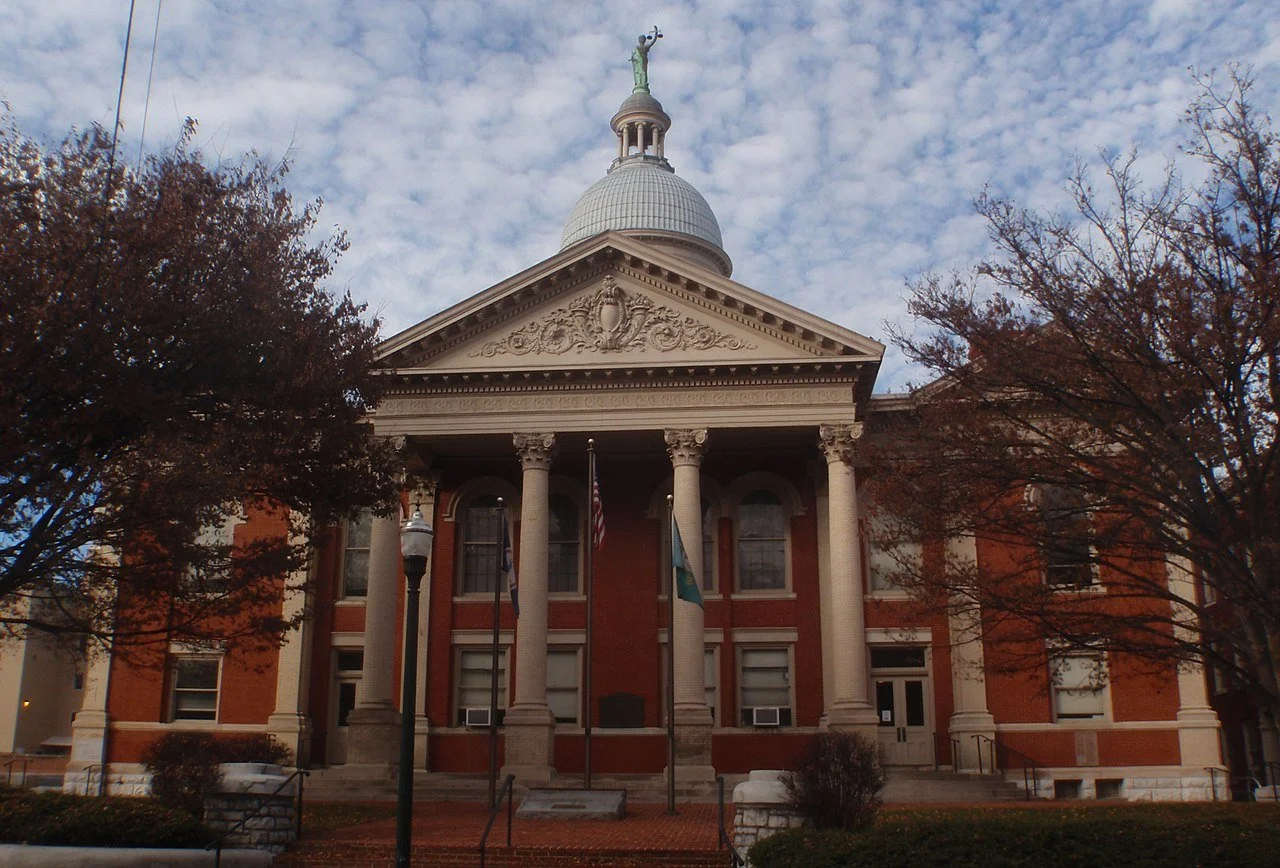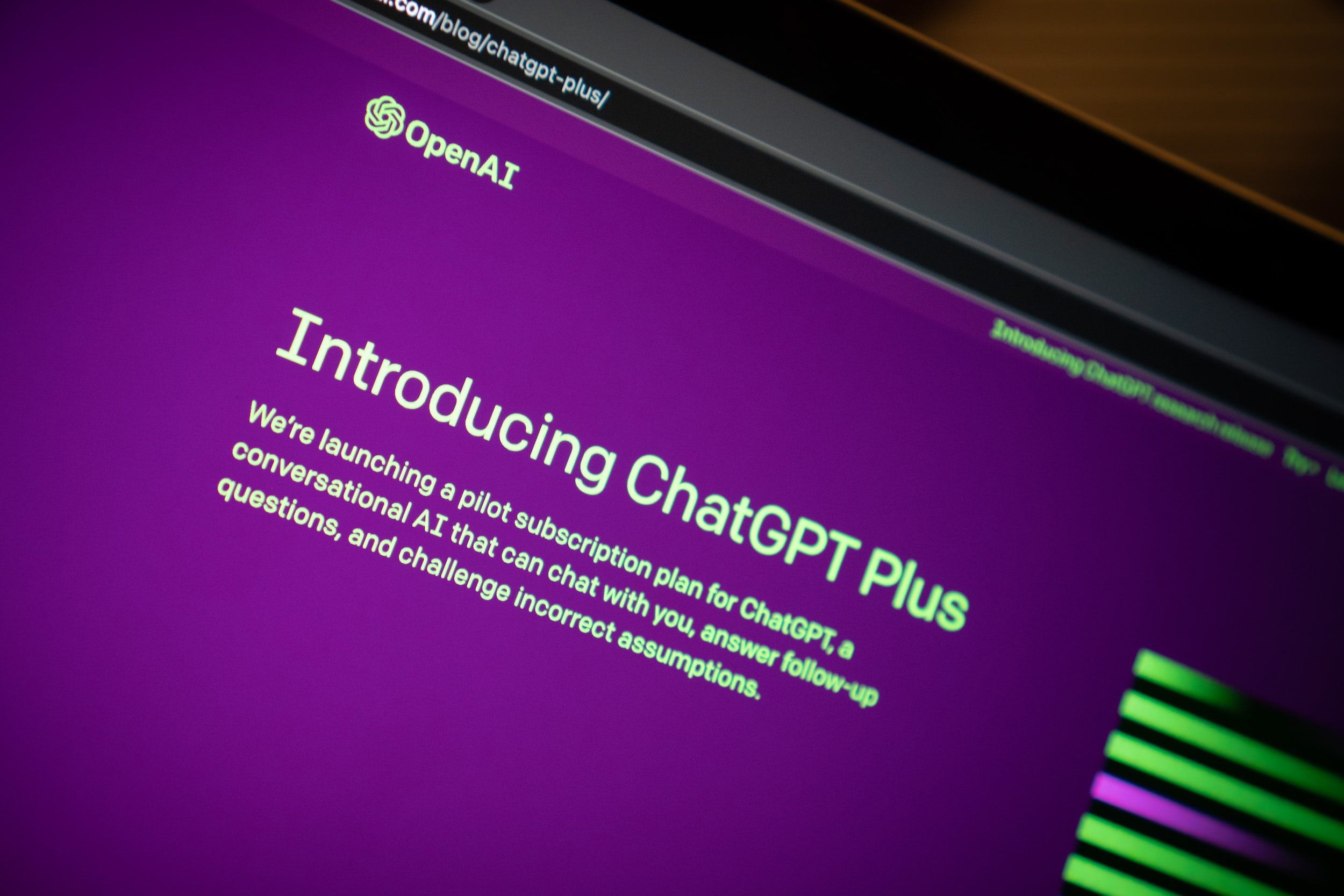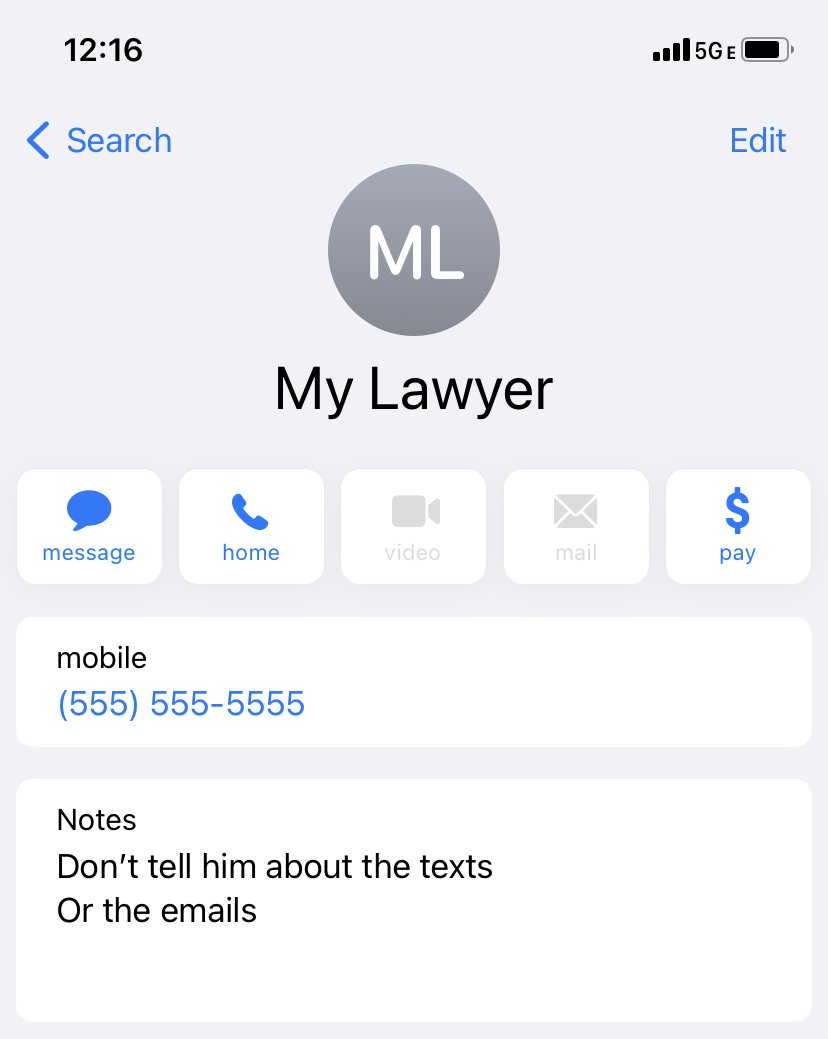Remember back in 2023 when everyone like me posted about the Mata v. Avianca case, which seemed to be the first (or at least, the first to earn national attention) case in which lawyers filed briefs with citations hallucinated by generative artificial intelligence. The lawyers ended up sanctioned, some of my nerd friends got a cool courtroom sketch out of it, and a lot of us thought that would be a sufficient cautionary tale. Don’t use AI if you don’t know what you’re doing, and make sure you check each citation if you do.
All in Lawyers Behaving Badly
Stacie’s Explainer for What the Heck Happened with Gableman Last Week
Last week, a referee appointed by the Supreme Court of Wisconsin recommended that former Justice Michael Gableman’s license to practice law be suspended for three years, in accordance with a stipulation between the parties. This recommendation stems from Gableman’s actions in connection with an “audit” of the 2020 election.
What's a little UPL between friends?
Making the social media rounds today is the Matter of Yu, a disciplinary decision out of New York, that is a case study in how not to be My Cousin Vinny.
Unconquered Suns and Orders to Show Cause
I like to think I’m up on current events. Prior to today, I was aware that members of the Proud Boys, who were convicted of various offenses stemming from the January 6, 2021 insurrection but later pardoned or had their sentences commuted by the current president, had sued the United States for $100 million. The case is venued in the Middle District of Florida.
But prior to today, I was unaware that (a) there was a lawyer named Augustus Sol Invictus involved in that case, and (b) there was a lawyer named Augustus Sol Invictus* at all.
Dead Men Neither Wear Plaid Nor Render Opinions To A Reasonable Degree of Professional Certainty
Taking a break from everything being on fire to report this quick hit (h/t several people on BlueSky): every judge interprets the Daubert standard (or whatever standard applies in their state) a little different, but I assure you that a qualification for anyone to testify as an expert witness on any subject is that they must be alive.
“@MindYour8Point4CsandQs” is Available, But Should I Use It?
Last week, CNN reported that Wisconsin native and fake elector lawyer Ken Chesebro not only had an anonymous Twitter/X account, “@BadgerPundit,” but denied its existence to Michigan investigators. The account was actually created back when then-Governor Scott Walker dropped the Act 10 bomb, incidentally right around the same time I created my own, very much not anonymous Twitter account (it’s @EthickingStacie now, naturally, but was something else then). We may have interacted at some point, but we were never mutuals.
This Blog Is Not About Politics so I am not weighing in on the electoral or PR ramifications of this burner account. But I have been asked—Ken Chesebro is a lawyer*, and lawyers aren’t allowed to engage in conduct involving dishonesty, fraud, deceit, or misrepresentation, right? Can lawyers even have anonymous social media accounts?
And, Cohen Both Takes The Fall And Passes The Buck
A quick update on New York’s Second AI Hallucination case, which I originally covered a couple of weeks ago—today we learned that Michael Cohen, the client, and not David Schwartz, the lawyer, used artificial intelligence (this time, Google Bard) to generate cases that did not exist. In a declaration he submitted to the court (available starting on page 9 of this packet from the CourtListener docket), Cohen stated that (having been disbarred several years ago) he had not kept up with legal technology trends and did not understand the limitations of AI.
Well, This Is One Way To Blow Up An NDA
What Rule 4.2 does not allow, and has never allowed, is a lawyer to actually go up to a represented opposing party, at her job, and play a confidence game to get the party’s cell phone number to drive a wedge between the party and her lawyer, and then pretend to be a “neutral” third party to broker a settlement and nondisclosure agreement, requiring forfeiture of the settlement plus $1,000 per day for breaching the agreement, which also contained illegal terms.
But, that’s what longtime Trump lawyer Alina Habba apparently did in 2021, according to Above The Law, when she allegedly induced a Bedminster Golf Club server to sign a non-disclosure agreement and settle a sexual harassment claim against the Club’s food and beverage manager. This came to light yesterday, as the server sued to void the agreement and refer Habba to the New Jersey ethics regulators.
Common Scents In Celebrity Litigation
It’s not surprising that we’ve gossiped that Johnny Depp’s lawyer, Camille Vasquez may (emphasis in original) have directed, permitted, or otherwise appreciated a female member of the legal team going into the women’s bathroom at the courthouse and spraying Depp’s cologne into the stalls so that the opposing party, his ex Amber Heard, would smell it. This was described as “psychological warfare” (against some who accused Depp of abuse).
Giuiliani, Here We Go Again
A committee of the District of Columbia Board on Professional Responsibility has recommended disbarment for America’s Mayor/Trump sycophant Rudy Giuliani.
While I Was Out, All of the Sanctions Happened
So I was in DC last week, and, shockingly, offline for most of it. (Supreme Court photo accompanying this blog entry was a “just visiting” picture.)
We’ve missed a few things while I was gone.
Where does AI go from here?
Even though I’m posting this on the Saturday of a three-day-weekend, you’re probably not actually reading this until Tuesday or later. But if you’re as terminally online as I am, you’ve already heard about the lawyer who has used ChatGPT to perhaps accelerate his own obsolescence—allegedly, he used it to generate a whole brief, which was then filed in the Southern District of New York. (The docket and most of the pleadings are available on Court Listener.)
Talking Honestly About Honesty (When You Can't Really Talk About Government Ethics)
Yesterday, I (and several of my nerd friends, as it would turn out) spoke with Benjamin Penn for an article that ran today in Bloomberg Law about outgoing US Attorney Rachel Rollins, who was found by the Department of Justice’s inspector general to have engaged in wide-ranging violations of government ethics rules. I am not an expert in federal government ethics, far from it, so I stuck to the disciplinary implications of the alleged misconduct.
Relevant here, and to my quote that ran with the Bloomberg story, was that Rollins was found to have falsely testified, under oath, during the investigation of her other conduct (including leaking sensitive information to the press, and potential violations of the Hatch Act). I told Mr. Penn that “Bar regulators, in general, they’ll get their hackles up about any sort of dishonest conduct that has any nexus with the practice of law.”
Happy New Year, Have A Suspension
I’d like to kick off the new year of blogging with an update. Remember Alex Jones’s lawyers? The one who belatedly turned over a bunch of his client’s text messages, but with it dumped some confidential records (including medical records) of some of the the Sandy Hook families?
In what seems like lightning speed, one of the lawyers, last week Norman Pattis, was suspended for six months from the practice of law by a Connecticut judge. (No, this was not the one in Texas who chose to close with a quote from the anti-Nazi pastor Martin Niemöller. There is a lot going on here.)
Selected Thoughts From the Select Committee Summary
Yesterday, the Select Committee to Investigate the January 6th Attack on the United States Capitol held its last hearing and released the introductory report to its findings. The full report will not be released until tomorrow, but the summary material (which is 154 pages in itself) provides a robust roadmap.
I watched some of yesterday’s hearing, and, I’m sure, like any other member of the ethics bar who may have been listening, my ears perked up when Rep. Lofgren outlined efforts by lawyers to influence witnesses and disrupt the investigation.
What the heck...I mean you all saw that, right?
I’ve been deep in trial prep the last few days (and ahead of seeing my nerd friends at the Chicago conference, but that doesn’t mean my phone hasn’t been utterly lit up, as happens whenever a lawyer does something dumb on television. From my office, with headphones on, I could hear the collective gasps of my friends as they watched Alex Jones and his lawyer Andino Reynal have a meltdown in real time yesterday.
What happened yesterday (some video here) was, alternately (and with apologies to random social media people who made these comments but I can’t find to credit), an EPR class issue-spotting nightmare, an object lesson in FAFO, and/or a Nerd Conference Eve Present for those of us in the ethics bar.
Can Lawyers Moonlight?
The job market is hot, your student loan balance is, well, eek, and you’ve been asked to do some legal work on the side—maybe it’s document review for a contract firm, or overflow for a solo practitioner friend.
Can you ethically do this?
Tread carefully, if at all.
Crackin' the Kraken!
Yes, I am running out of puns, and this is information isn’t breaking news anymore, but 110-page opinions have bad habits of dropping while I’m on vacation.
Anyway, while I was gone, Hon. Linda Parker of the Eastern District of Michigan sanctioned several attorneys, including Sidney Powell and Lin Wood and a few less famous, but all associated with the post-election “Kraken” litigation. My nerd friend Don Campbell did his best with exceedingly bad facts, but.
This is a remarkable opinion. It is also 110 pages, so it’s not a beach read (well, maybe it is, I won’t judge), but if this interests you at all you should read it.
MyPillowCase: Lessons Learned?
Mike Lindell may have once been known only as the “MyPillow" Guy,” but recently he’s traded polyurethane foam for horsefeathers.




















